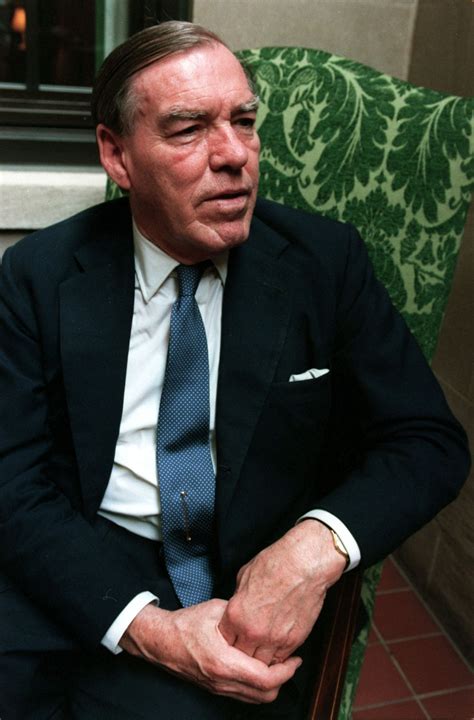A Quote by Henry Louis Gates
Most black leaders, whether left, right or center, from Frederick Douglas and Martin Delaney on in the middle of the 19th century have not even wondered about the merits of the capitalist system.
Related Quotes
I think the single most important political distinction today is actually between open-minded versus closed-minded, and that's why I think this crosses the boundaries of traditional - center-right and center-left have much more in common with each other right now than the right does with the center-right, and the left does with the center-left.
All talks about legacies of white supremacy must be tied to empowering the lives of poor and working people as a whole. The black agenda - from Frederick Douglas to A. Philip Randolph, Martin Luther King Jr, Fannie Lou Hammer to Ella Baker - has always been tied to race talk inseparable from expanding possibilities of democracy, expanding empowerment of everyday people.
Here's what I don't think works: An economic system that was founded in the 16th century and another that was founded in the 19th century. I'm tired of this discussion of capitalism and socialism; we live in the 21st century, we need an economic system that has democracy as its underpinnings and an ethical code.
Here's what I don't think works: An economic system that was founded in the 16th century and another that was founded in the 19th century. I'm tired of this discussion of capitalism and socialism; we live in the 21st century; we need an economic system that has democracy as its underpinnings and an ethical code.
We [black people] don't respect our elders. Besides artists, we don't respect Frederick Douglass. We don't respect Martin Luther King. You look at every Martin Luther King Boulevard out here, and it's a crack block. That's not because of white people. That's because of black leadership. We just have that problem, and it's something that I am going to spend the rest of my life trying to conquer.
There is not one particular moment that can account for the shift from the social issue concerns of 19th-century evangelicals into the state of American evangelicalism today. Some historical moments are telling. The rise of biblical criticism in the 19th century forced evangelicals to make choices about what they believed about the gospel.

































